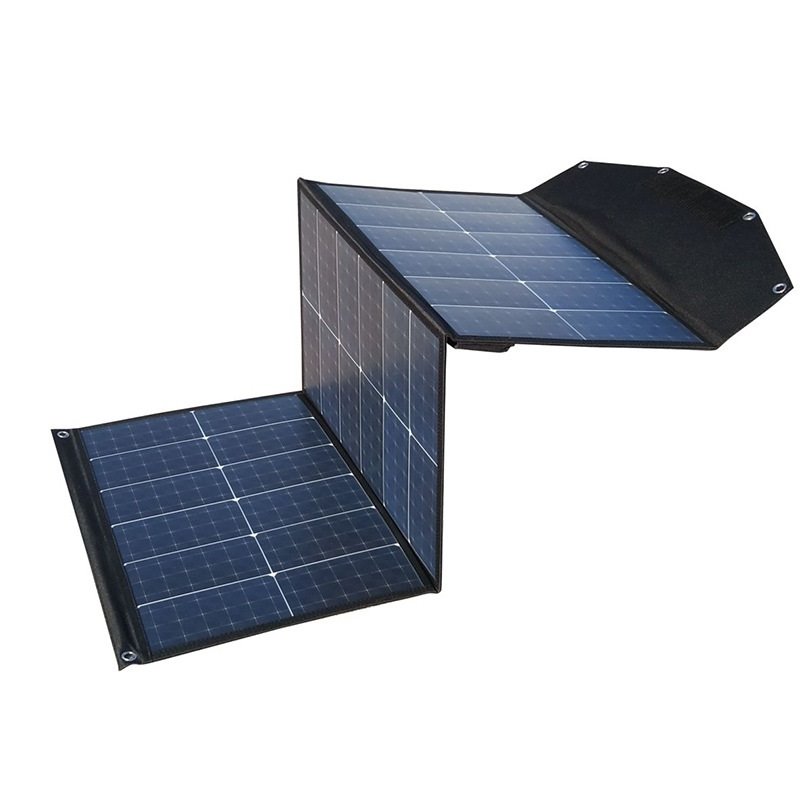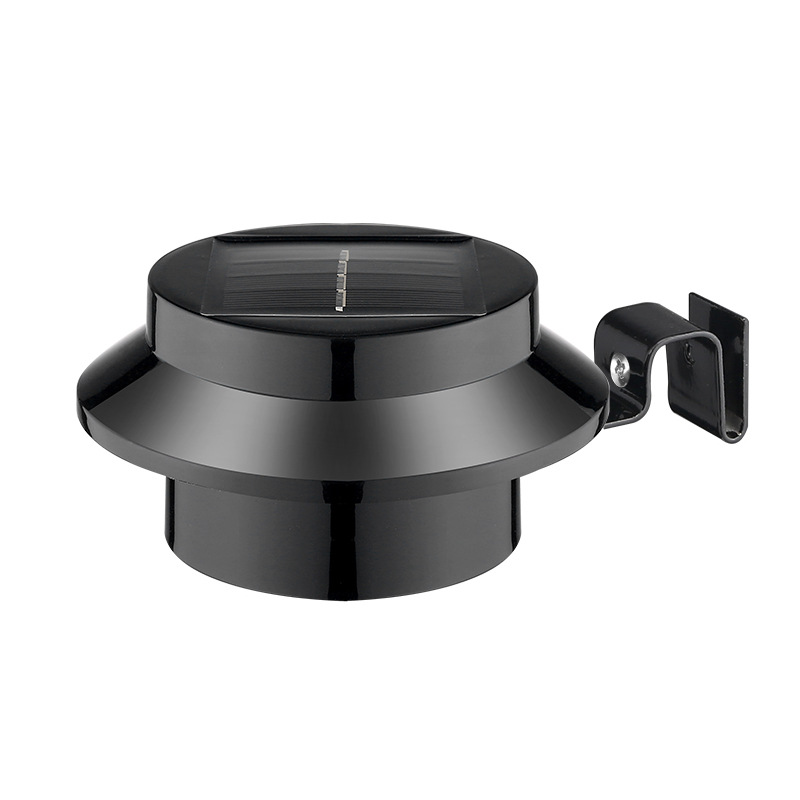WASHINGTON, D.C. – Today, U.S. Senator Sherrod Brown (D-OH) welcomed the Department of Commerce’s final determination uncovering that Chinese solar panel producers – operating in Cambodia, Malaysia, Thailand, and Vietnam – are circumventing U.S. trade law meant to protect American businesses and workers by routing their products through Southeast Asia. The ruling paves the way for new duties for certain imports from these countries starting in June 2024, which is an important first step toward leveling the playing field for American solar panel manufacturers, including First Solar in Ohio.
“This investigation confirms what we’ve always suspected in Ohio – Chinese-made solar imports have been getting around American trade laws for the better part of the last decade. Ohio solar manufacturers and their workers are poised to lead this growing industry, and today’s announcement by the Department of Commerce will help them compete on a more level playing field. We also know Chinese companies will always find ways to cheat, which is why we need to pass my Leveling the Playing Field 2.0 Act to close additional loopholes foreign competitors use to cheat U.S. trade law,” said Brown. China Solar Induction Wall Lamp Manufacturer

Brown has been a leader in fighting for domestic solar manufacturers, including First Solar, which employs more than 2,000 in Northwest Ohio. Earlier this week, Brown urged U.S. Secretary of Commerce Gina Raimondo to continue to guard against political and foreign interference in the trade enforcement process, ensure American workers and American companies can compete on a level playing field, and address unfair and illegal trade practices.
Today’s ruling, which follows a thorough investigation by nonpolitical, career officials at the Department of Commerce, helps to address the harm that comes with unfair and illegal trade practices. In order to further protect against loopholes foreign entities can take advantage of, Brown reintroduced his Leveling the Playing Field 2.0 Act, bipartisan legislation to strengthen U.S. trade remedy laws and ensure they remain effective tools to fight back against unfair trade practices and protect American workers, in June 2023. The legislation updates the previous Leveling the Playing Field Act, which was introduced by Senator Brown and former Senator Rob Portman and signed into law in 2015, and addressed persistent and evolving threats from unfair competition.
In May, Brown led his Senate colleagues in voting to reinstate duties on illegally dumped Chinese solar panels. Prior to the vote, he took to the Senate Floor to urge his colleagues to vote in favor of reinstating these duties. Brown also introduced the Reclaiming the Solar Supply Chain Act to expand the solar manufacturing supply chain in the U.S., create jobs, and support our global competitiveness. This legislation also supports good-paying union jobs by ensuring that any solar manufacturing facility in the U.S. that receives funding has strong labor protections for workers.

Solar Garden Wall Lights In May 2022, Brown originally called on President Biden to allow a Commerce Department investigation into whether Chinese companies were circumventing antidumping and countervailing duties to continue. The Administration heeded Brown’s call and in December 2022, the Administration’s investigation revealed that four leading Chinese solar-cell manufacturers circumvented U.S. tariffs by routing some of their operations through Southeast Asia. In March 2023, Brown urged President Biden to rescind the suspension of market-balancing tariffs on Chinese solar product importers in Cambodia, Malaysia, Thailand, Vietnam to level the playing field for American manufacturers and workers and give them the opportunity to better compete in the global economy.